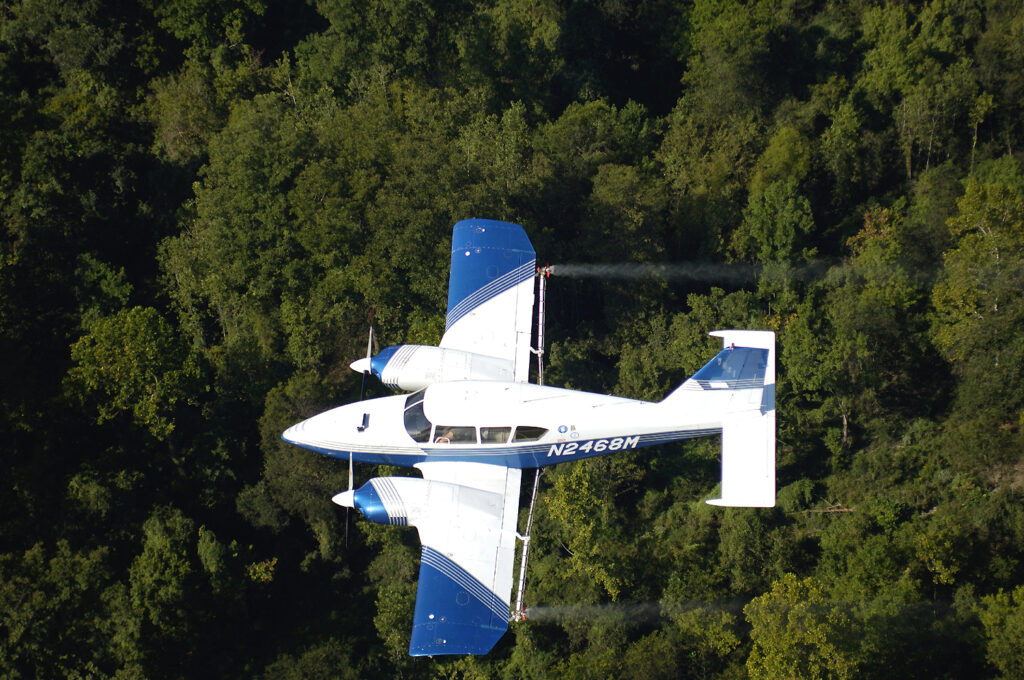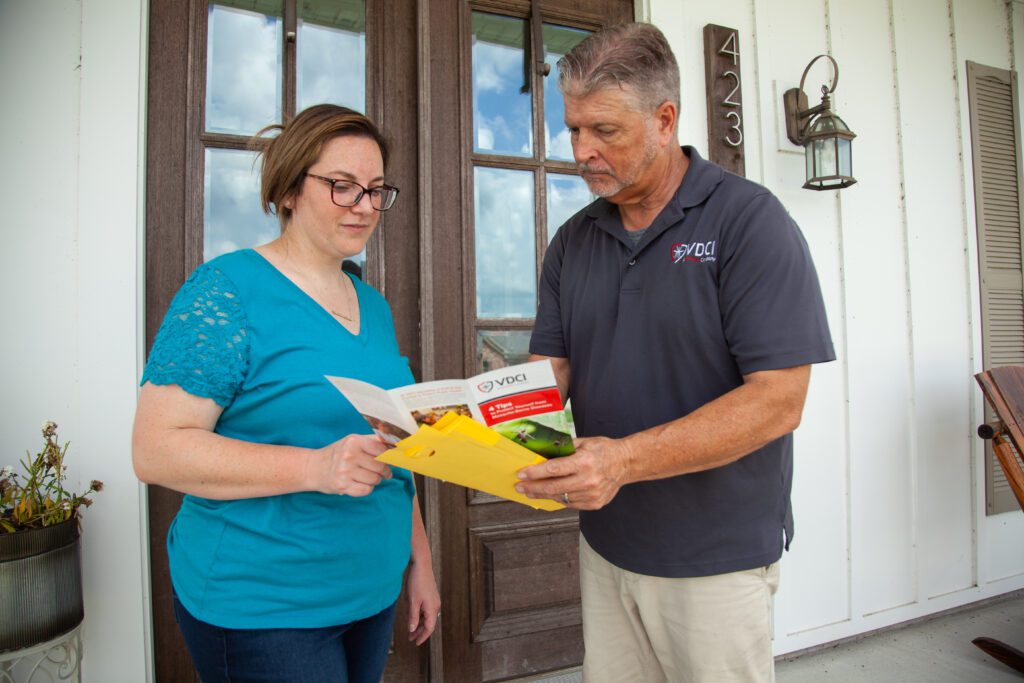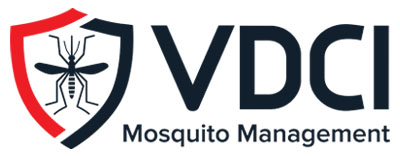Know When to Spray for Mosquitoes with Action Thresholds
There is no one-size-fits-all approach to responsibly and effectively managing mosquitoes. Every jurisdiction faces unique challenges that may be influenced by community desires, budgetary constraints, prevalent mosquito species, disease risks, and local environmental factors. To optimally address these challenges and safeguard public health while minimizing the risk of insecticide resistance, professionals rely on action thresholds.
Action thresholds serve as critical benchmarks in an Integrated Mosquito Management (IMM) program. They represent the tipping point at which control measures become necessary to reduce the potential of mosquito-borne diseases, nuisance mosquito populations, or prevent a particular species from reaching levels that pose a significant risk to public health. Action thresholds are not arbitrary; they are meticulously tailored to the specific goals and characteristics of each jurisdiction.
What does it take to develop action thresholds?
Developing action thresholds involves a multidisciplinary approach that integrates scientific expertise with local knowledge and community input. Entomologists, government leaders, and public health officials collaborate to assess various factors, such as mosquito abundance, disease prevalence, ecological dynamics, and human population density. Through comprehensive mosquito surveillance, disease monitoring, and data analysis, mosquito experts identify thresholds that signal the need for targeted control interventions.

One of the primary objectives of employing action thresholds is to ensure the judicious and effective deployment of mosquito control products. Over-reliance on insecticides without regard for action thresholds can accelerate the development of insecticide resistance among mosquito populations, causing control measures to lose their effectiveness over time. Applying insecticides only when mosquito populations exceed predetermined thresholds or if a particular species or disease is present can reduce insecticide resistance and prolong the efficacy of available insecticides – with the ultimate goal of limiting the environmental impact.
Action thresholds also enable authorities to prioritize locations most in need of intervention. By strategically focusing resources on areas where mosquito populations pose the greatest risk to public health, interventions can be more impactful. This facilitates funds, time, and manpower to be utilized more effectively. Moreover, this limits unnecessary insecticide applications, ensuring our actions are environmentally responsible and prudent.
The Importance of Community Engagement In Mosquito Management

Furthermore, action thresholds serve as a valuable tool for community engagement and communication. By transparently communicating the rationale behind mosquito control decisions and their thresholds, authorities can foster trust and cooperation within the community. Empowering residents with this knowledge also encourages participation in preventive measures and promotes a shared responsibility for mosquito control.
Action thresholds play a vital role in effective mosquito management by providing clear guidelines for intervention based on scientific evidence and community-specific factors. By employing targeted interventions only when and where they are needed, authorities can optimize the allocation of resources, limit environmental impacts, and safeguard the health, happiness, and well-being of the public.
Contact Our Experts
Complete the form below or call us at 800-413-4445 to speak to an expert about your mosquito management needs.
 Since 1992, Vector Disease Control International (VDCI) has taken pride in providing municipalities, mosquito abatement districts, industrial sites, planned communities, homeowners associations, and golf courses with the tools they need to run effective mosquito control programs. We are determined to protect the public health of the communities in which we operate. Our mosquito control professionals have over 100 years of combined experience in the field of public health, specifically vector disease control. We strive to provide the most effective and scientifically sound mosquito surveillance and control programs possible based on an Integrated Mosquito Management approach recommended by the American Mosquito Control Association (AMCA) and Centers for Disease Control and Prevention (CDC). VDCI is the only company in the country that can manage all aspects of an integrated mosquito management program, from surveillance to disease testing to aerial application in emergency situations.
Since 1992, Vector Disease Control International (VDCI) has taken pride in providing municipalities, mosquito abatement districts, industrial sites, planned communities, homeowners associations, and golf courses with the tools they need to run effective mosquito control programs. We are determined to protect the public health of the communities in which we operate. Our mosquito control professionals have over 100 years of combined experience in the field of public health, specifically vector disease control. We strive to provide the most effective and scientifically sound mosquito surveillance and control programs possible based on an Integrated Mosquito Management approach recommended by the American Mosquito Control Association (AMCA) and Centers for Disease Control and Prevention (CDC). VDCI is the only company in the country that can manage all aspects of an integrated mosquito management program, from surveillance to disease testing to aerial application in emergency situations.

